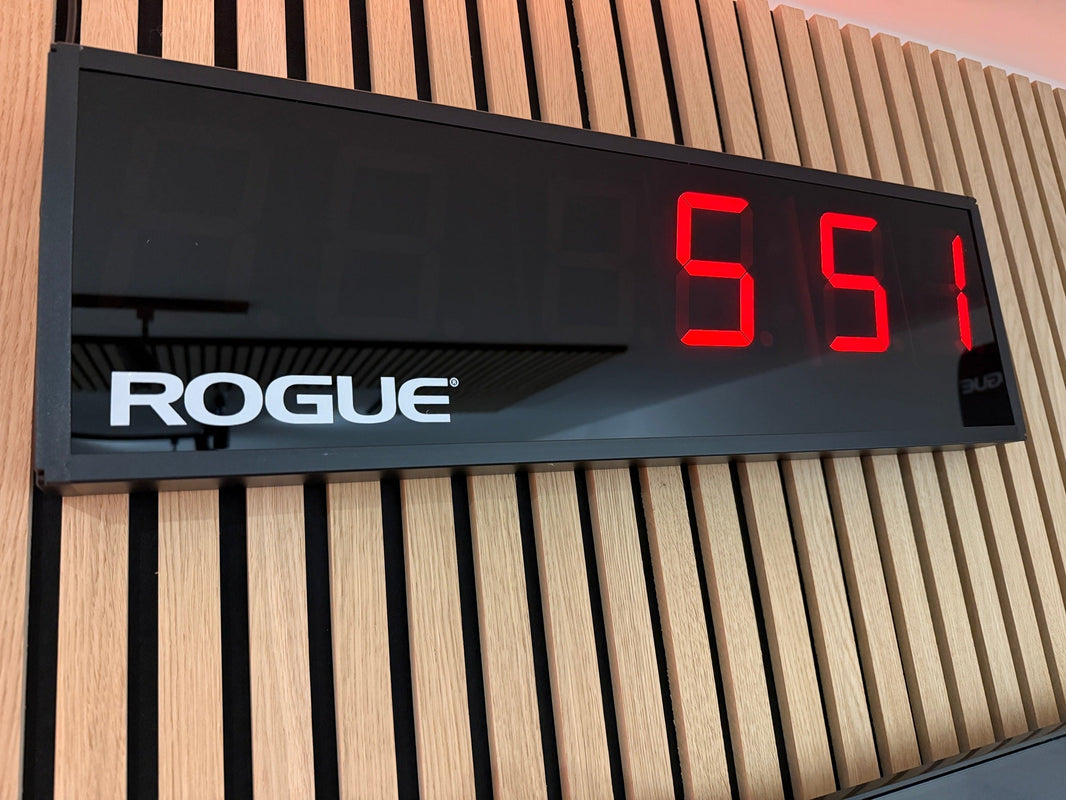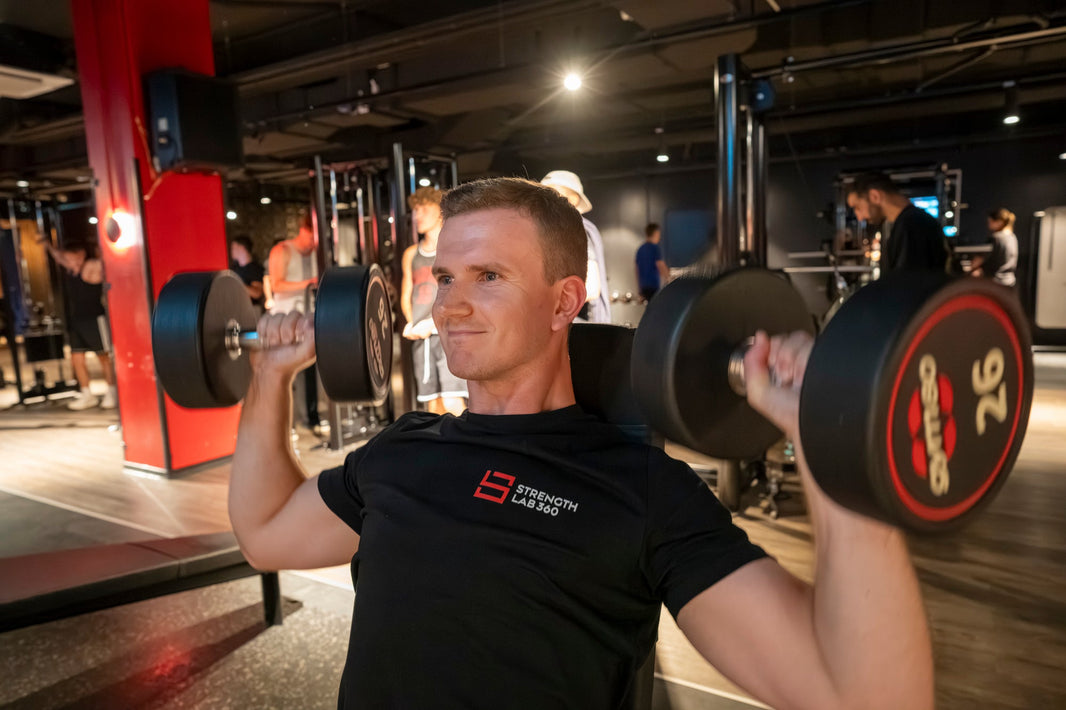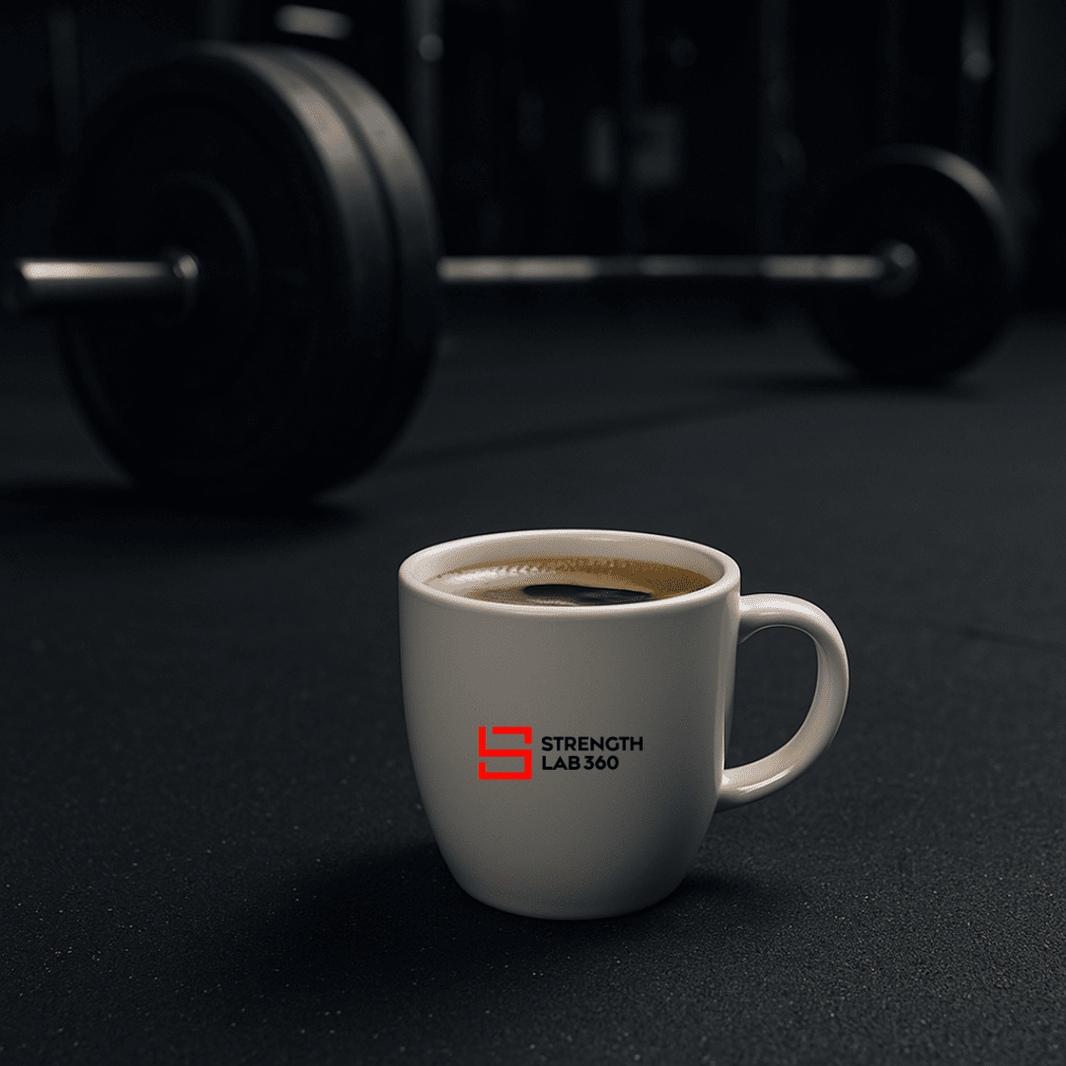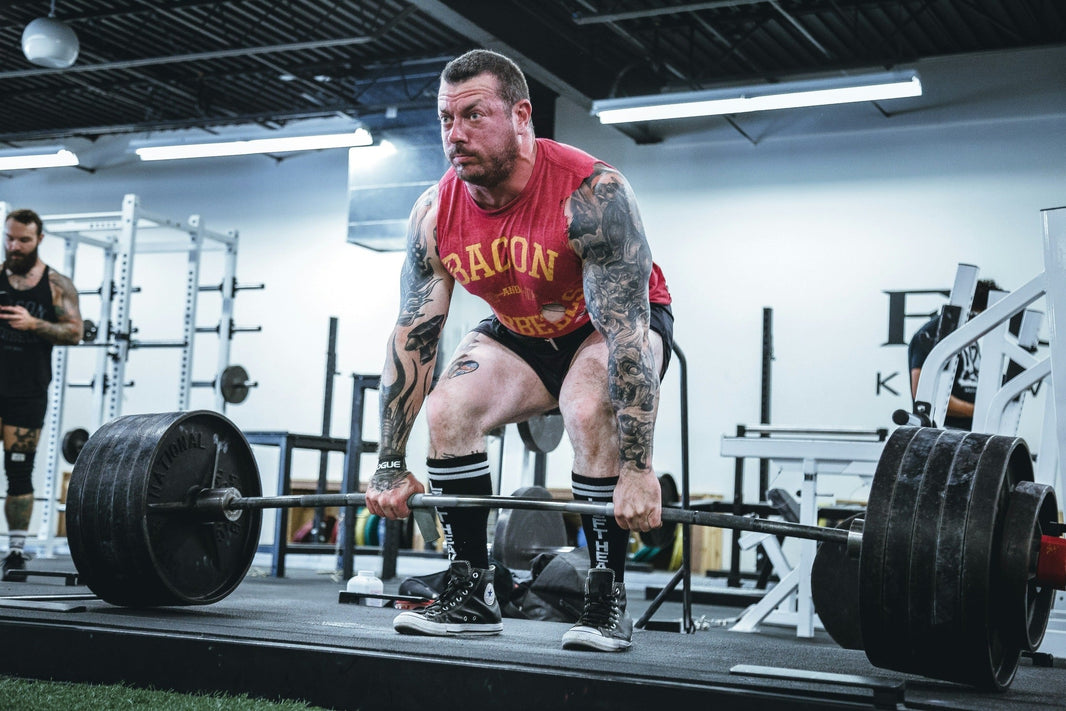From early morning lifters sipping espresso to athletes downing pre-workout mixes, caffeine consumption is virtually synonymous with training culture. But beyond the buzz, what does the science actually say about the effect of caffeine on muscle strength, endurance, and overall exercise performance? Can the right dose of caffeine enhance your results in the gym—or is the impact largely psychological?
Thanks to multiple recent analyses, we now have clearer answers. These insights don’t just confirm caffeine’s ergogenic effect; they also detail the optimal caffeine dose, how habitual caffeine intake alters outcomes, and what kind of lifts or cardio workouts benefit most.
Let’s break down the research, explore the effects of acute caffeine ingestion, and understand the practical implications for athletes and everyday lifters.
What Is the Effect of Caffeine on Strength and Power?
Multiple studies confirm a small-to-moderate ergogenic effect of caffeine on strength and power performance. A comprehensive meta-analysis by Grgic et al. (2018) found that caffeine intake resulted in a moderate increase in maximal strength, especially in upper-body lifts. Another recent analysis by Bilondi et al. (2024), analyzing over 1600 participants, showed significant gains in muscular strength and endurance—particularly for compound upper-body movements.
Both reviews report a positive effect size: ~0.18 for muscle strength, and ~0.30 for muscular endurance. Although these are not game-changing numbers, they are statistically robust. This means that caffeine ingestion on maximal strength has real-world benefits, especially for lifters working with resistance exercise.
How Does Caffeine Improve Strength and power Performance?
The primary action of caffeine is to block adenosine receptors in the brain, reducing the perception of fatigue and effort. This alone can make high-intensity work feel more manageable. However, the effect of caffeine ingestion goes further, potentially influencing:
-
Increased calcium release in skeletal muscle, which aids muscle contraction
-
Greater motor unit recruitment
-
Enhanced neural drive during explosive lifts
These mechanisms help explain how caffeine supplementation improves strength performance, especially when combined with heavy resistance or sprint work. The influence of caffeine on both central and peripheral systems is key to its performance-enhancing potential.
What Is the Optimal Dose of Caffeine for Performance?
Most studies agree on a moderate caffeine range: about 3–6 mg/kg bodyweight. For a 70 kg individual, that translates to 210–420 mg of caffeine—roughly the amount found in a strong coffee or pre-workout supplement. Notably, the effect of caffeine becomes more evident within this window.
Different training goals may respond differently to different doses of caffeine. A lower dose of caffeine (e.g., 2–3 mg/kg) might suffice for endurance or cognitive benefits, while maximal strength may require doses on the higher end of the spectrum.
A high dose of caffeine (>6 mg/kg) doesn’t necessarily lead to better performance. In fact, it can increase the risk of side effects like jitters, GI discomfort, or anxiety without further improving physical performance. This supports the view that a moderate dose of caffeine offers the best trade-off between efficacy and tolerability.
What Do Meta-Analyses Show About Caffeine and Endurance Performance?
The Bilondi umbrella analysis revealed that the effect of caffeine on endurance performance is stronger than on maximal strength. With an average effect size of ~0.30, acute caffeine helps delay fatigue, especially during repetitive or longer-duration efforts.
Interestingly, the effect of caffeine on muscular endurance is more pronounced in upper-body tasks than in lower-body movements. This aligns with prior findings and could be due to central nervous system sensitivity in upper-limb motor neurons. Either way, caffeine improves more than just 1-rep max—it supports sustained performance across sets and reps.
What About the Ergogenic Effect of Acute Caffeine Ingestion?
The acute effects of caffeine include improvements in both strength and endurance. When caffeine is ingested about 60 minutes pre-workout, its peak plasma concentrations align with most training sessions.
Studies also show the acute effect of caffeine consumption influences sprint performance, jump height, and time-to-fatigue during cycling or treadmill tests. Whether you're doing resistance exercise or HIIT, caffeine ingestion acutely enhances muscular output by modulating both mental and neuromuscular factors. The ingestion of caffeine in these contexts proves beneficial for a range of exercise types.
Does Tolerance from Habitual Caffeine Use Affect Results?
One concern often raised is whether habitual caffeine consumption dulls the ergogenic effect of caffeine. While habitual caffeine intake may reduce perceived stimulation, research indicates that performance gains—especially for muscular strength and power—are still present, albeit slightly diminished.
To counteract tolerance, some athletes use cycling strategies. For example, reducing or eliminating caffeine use for 1–2 weeks can help restore sensitivity and maximize the effect of acute caffeine ingestion when reintroduced.
What Is the Best Way to Ingest Caffeine?
The form of caffeine supplementation doesn’t appear to make a major difference. Whether from coffee, caffeine pills, energy drinks, or pre-workout powders, the body responds to the same compound. However, timing and dosage matter greatly.
Optimal caffeine ingestion for performance:
-
Timing: ~60 minutes before training
-
Form: Caffeine anhydrous or pill form may yield slightly more predictable absorption
-
Combination: Avoid pairing with high-fat meals, which may slow digestion
The effect of caffeine on strength is most consistently observed when taken alone, not combined with other stimulants. The timing and ingestion of caffeine around training windows are crucial to maximizing its benefits.
Are There Risks to Caffeine Supplementation?
Despite its benefits, caffeine supplementation and exercise don't always pair well. For some, caffeine consumption can lead to unwanted side effects:
-
Sleep disruption: The half-life of caffeine is 4–6 hours; training late in the day with caffeine may impair sleep
-
GI distress and jitters: Especially with high doses of caffeine
-
Variable response to caffeine: Genetics and individual sensitivity greatly affect outcomes
Some individuals may respond better to lower doses of caffeine, minimizing side effects while still enjoying performance benefits. Understanding the effects of high doses is essential for tailoring caffeine strategies.
Does Caffeine Improve All Types of Exercise Performance?
While caffeine helps across a broad spectrum, its greatest impact is seen in tasks involving upper body strength, maximal strength and muscular endurance, and sprint performance. The effect of caffeine on exercise is weaker in lower-intensity or skill-based activities.
International Society of Sports Nutrition guidelines also state that caffeine may enhance muscle group output during high-intensity anaerobic tasks more than during low-intensity aerobic sessions. This makes it ideal for lifters, CrossFit athletes, and sprinters. The broad umbrella of caffeine and exercise is best understood by matching the dose and context to specific performance goals.
What Are the Overall Benefits of Caffeine for Athletes?
Overall, the benefits of caffeine extend to most athletes—especially those training for strength and power performance. Caffeine offers a legal, accessible, and scientifically supported method for boosting output. When used strategically and not excessively, it reliably enhances exercise performance.
And while the effect of caffeine on strength is modest, it is repeatable. Combined with smart training, nutrition, and recovery, it can be a meaningful edge—especially in competitive settings.
Final Thoughts: Should You Use Caffeine to Boost Performance?
Caffeine is not a magic bullet, but it is one of the most effective ergogenic aids available. The effect of caffeine supplementation on resistance exercise, muscular strength and endurance, and strength and power is backed by decades of evidence and reinforced by the latest findings.
Whether you're prepping for a PR, a race, or a demanding training block, knowing how and when to use caffeine can elevate your results. Just remember: caffeine improves performance when the dose is right, timing is optimized, and the athlete is mindful of tolerance.
Key Takeaways
-
Caffeine intake enhances muscle strength, endurance performance, and power with modest but reliable results.
-
Optimal dose of caffeine is 3–6 mg/kg, taken ~60 minutes before training.
-
Strongest effects observed in upper body strength and muscular endurance.
-
Tolerance from habitual caffeine intake may blunt effects; cycling use is a smart strategy.
-
Avoid high doses of caffeine due to side effects—moderate caffeine is most effective.
-
Tailor strategies to match different doses of caffeine to specific goals.
-
Be aware of the effects of high doses and consider starting with lower doses of caffeine.
-
Meta-analyses confirm the positive effect of caffeine on maximal strength, especially during resistance exercise.
-
Use caffeine strategically to align with your performance goals and recovery needs.
-
Understand the influence of caffeine and timing of ingestion of caffeine to maximize benefits.







